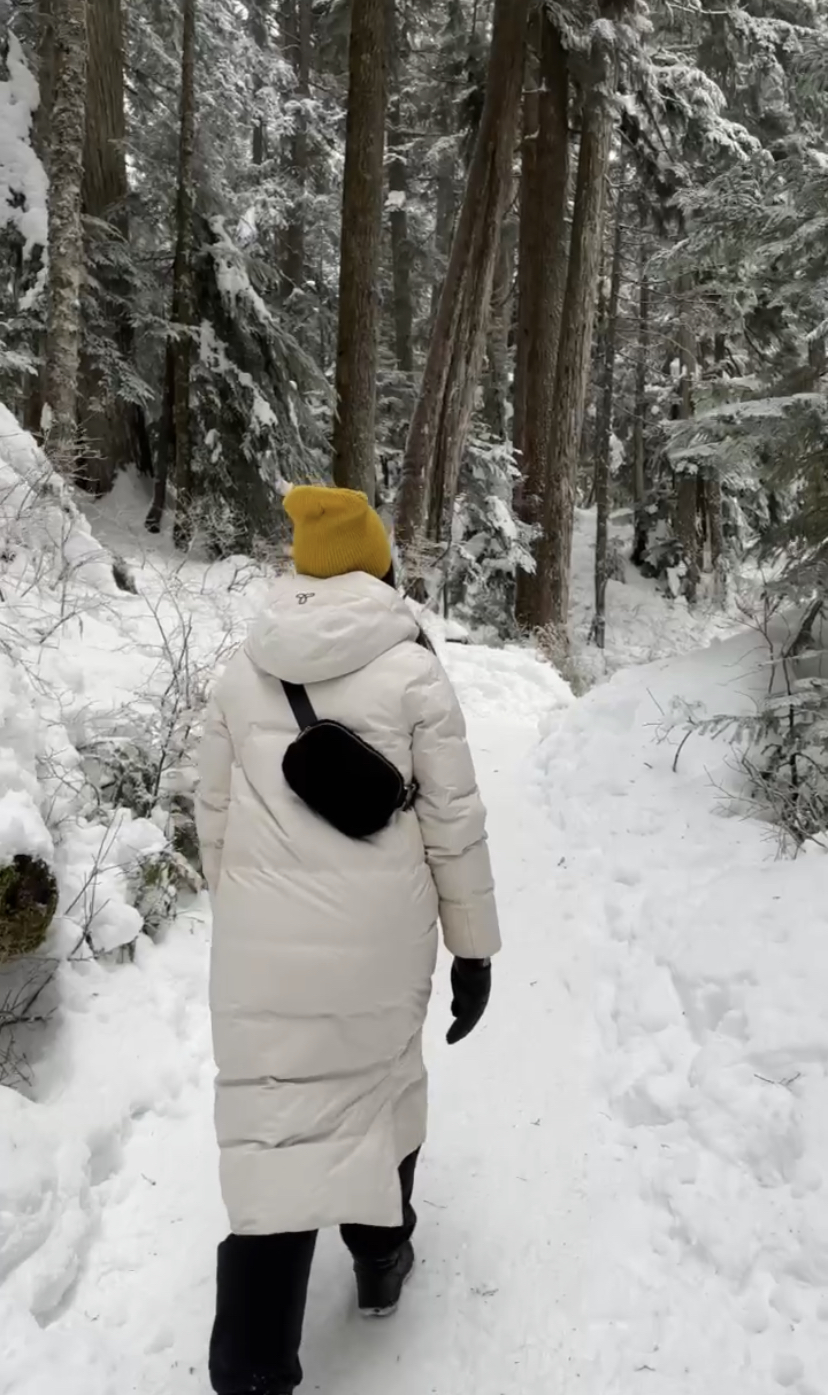The holidays can be a joyous time ,but for many people this time of year can be tough. I tend to get a little anxious when I know winter is around the corner. The weeks leading up to it are so dark, grey and wet that it can really take a toll on my mental health.
Last winter, I really struggled. It was hard to get out of bed. I felt incredibly sad, and doing even basic tasks, was challenging. I recognize that my seasonal sadness is circumstantial, while for others it’s the holidays that are tough. Maybe you’ve recently lost a loved one, have a strained relationship with your family, or are battling financial hardship. Whatever you are feeling: It is valid. You are seen. You are loved.
***Now please note, I am NOT a medical professional. So when I speak on Seasonal Affective Disorder (SAD) or depression, it is as a peer who has deeply reflected on her symptoms and ways to ease them.
Three questions to ask yourself:
1. Do activities I once enjoyed, now feel useless?
What are some things you always love to do? Cook? Knit? Read? Play an instrument? If you find yourself neglecting your hobbies to binge watch tv or sleep away the day, there might be something going on.
2. Am I constantly fatigued/apathetic?
One of the biggest indicators of SAD is feeling hopeless only in the fall/winter. Maybe now immediately upon waking, you feel exhausted. Are you tired, unhappy, or generally uninterested in what’s going on around you? This is usually an “all day, every day” sort of feeling.
3. Do I find myself saying “no” to plans I would normally attend?
Maybe you and your best friends go out for a weekly/monthly dinner, but you find yourself skipping more often than not. Withdrawing from social situations is another indicator of a shift in mental health. Check in with yourself to see if you really are too busy or are feeling a bit reclusive.
Some things I’ve found helpful:
1. Plan a trip somewhere warm (or even just a close by change of scenery)
This year I strategically planned a trip to Hawaii in October, knowing full well that I struggle in the winter months. My happiness (or lack thereof) is greatly impacted by lack of sunlight. I absolutely love the summer months and spend every minute outside. I find that breaking up the colder months really works for me. I get to spend the first half of winter looking forward to my tropical getaway. Then the rest of winter I know spring is just around the corner! Alternatively, I find a change of scenery can be helpful. Book a place with big windows when possible. I find more daylight super helpful.
2. Try light therapy
This sounds way more boujee than it is. There are tons of different “happy lamps” out there that naturally boost your mood. If you find your symptoms are mild, try it out! Using it upon waking up is most effective. Just grab a cup of coffee and sit with your favorite podcast for about 15 minutes. Using a “happy lamp” in the afternoon/evening can mess with your circadian rhythm, so it isn’t recommended you use it later than 12pm. I got mine from Amazon.
3. Prioritize Social Outings
Schedule time with friends and family and stick with it. It could be as low key as a game night at home with your family or as grand as a night at the Nutcracker! Hold yourself accountable to plans that you normally enjoy. It’s important to lean on your loved ones during this time.
4. Move your body
Find ways to stay active. Physical exercises release natural endorphins that are instant mood boosters! They make us feel productive and overall more optimistic. It might be worth it to join a gym- they often have group classes, basketball/pickleball/volleyball courts, and gym equipment to utilize. I enjoy rock climbing in the winter months. Something about climbing a wall designed like a mountain face, makes me feel closer to the outdoors. 😂
Above all, if you’re feeling unhappy, anxious, or depressed I recommend seeking professional help. There’s no shame in talking with a licensed professional to figure out what works for you. Sometimes our bodies need more than behavioral shifts.

